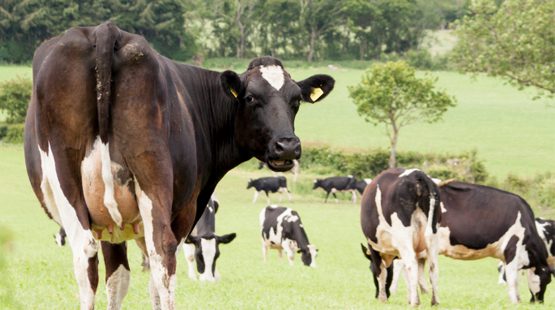Dairy farming is not a special case; all industries should become more sustainable.
Taken at the most basic level, we shall eventually run out of fossil fuels so it would be irresponsible not to develop alternative sources of energy. Dairy farming gives the opportunity to use the waste matter produced by the cattle to generate the electricity to run the farm. It’s a very neat circle. It also means that biofuels are not being grown specifically, which is important as the agricultural land is needed to feed the increasing global population.
With regard to social sustainability, dairy farming is potentially at risk.
Very few people want to earn their living milking cows. Understandably, a job that starts at about 5am and finishes at about 8pm every day doesn’t attract many takers. Robotic milkers could solve this problem but require skills, such as good IT skills, which are not generally required in traditional dairy farms.
What will happen if dairy farming does not become more sustainable?
The costs of production will increase as there will be competition for the increasingly scarce resources, such as non-sustainable fuels. Therefore, food prices will go up. It is also likely that there would be more legislation restricting farming practices, in response to environmental concerns such as methane production. These could add costs, decrease the ability to respond to changing situations and generally lead to a less efficient system. This again would result in higher food prices.
In terms of economic sustainability, dairy farms are at great risk.
For several years the price paid for every litre of milk has failed to cover the cost to produce it. In fact, most dairy farms in Worcestershire have already gone and the country as a whole has not met its milk quota for several years. Small family farms are most at risk. Becoming more sustainable, environmentally and socially, might be a solution which allows dairy farming to continue in this country.
